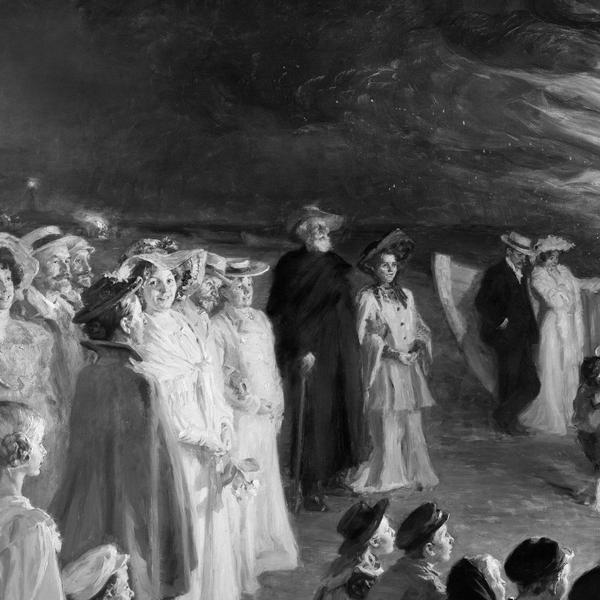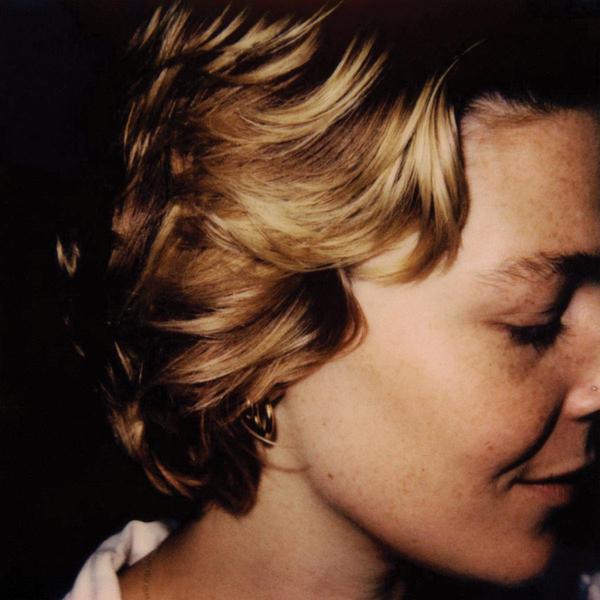"Adit"

The Lowland Hundred, made up of Tim Noble and Paul Newland, is named after Cantre’r Gwaelod, the mythical ancient sunken kingdom which is said to lie beneath Cardigan Bay. The band’s town of Aberystwyth is close to this area, and things lost and times past dominate the music of the band. Debut album Under Cambrian Sky was a concept record about the areas around their town, mixing the present day with tales of the lost mythical realm, and new album Adit furthers this concept by focusing on the people of the surrounding landscape, and how they interact with the world around them – including, of course, the inescapable geography.
An adit is the opening that leads into a mine, but rather than the record leading us into a dark and confined space, the songs instead act as tone poems, recited on windswept headlands. The first obvious touchstone is Robert Wyatt, as opening track ‘The Hushing’ quietly begins with piano and Newland’s voice, singing of working in the mines and walking along “the old mountain road”, like a rural ‘Shipbuilding’. It progresses gently with some lovely piano work, before bursting into a jazzy swing thanks to Noble’s electric guitar. It’s an austere and elegiac start to things, and extremely enjoyable, but the following songs run into some problems. I’m all for concept albums, but there’s something isolating and unwelcoming about much of Adit. We’ve all experienced loss and change – be it people or place – yet I don’t feel a connection with the vision of The Lowland Hundred. ‘Scree/Talus’ encapsulates this for me; there’s numerous changes in tempo across its 10 or so minutes and it seems confused, the story that’s unfolding is hard to follow. Having said this, the music is lovely, whether it’s the gentle drip of piano, the occasional swell of mournful organ and woodwind, or the hint of strings that swell menacingly in the background.
‘Gentleman’s Walk’ is more appealing, an acoustic strum tracking a story of a trickle of a stream to the roar of a cataract, telling of the power of water and how it forms the landscape around us. Newland sings of something disappearing as the track fades out – our connection perhaps to how what’s around is formed, or to how the geography around us now changes through deprivation, economic circumstances or changes in industry, and how we are affected by such changes – the psychogeography of a place, as defined by Guy Debord.
Although the coldness returns in the short ‘Mariamne’s Garden’, the following ‘Rest Harrow’ proves again that Newland’s voice is lovely, his reedy tone very much matching Robert Wyatt’s, and the background accompaniment does swell beautifully before fading out to a single violin. But there’s not enough of this – ‘Dog’s Mercury’ meanders for a good period of time without ever reaching any point of real interest. I can hear some Talk Talk in the ambience of it all, but again there’s something about the story being told that doesn’t hold my attention. The same happens again with closer ‘Salt Water Bathing’; I can’t argue at all that the music itself has moments of real beauty, but when the lyrics are added it just doesn’t work every time for me.
I really wanted to like Adit; everything about the concept seemed to appeal to my sensibilities, yet I’ve ended up feeling detached for the most part. Yes, there are some lovely moments as I’ve said, and it’s played very well throughout, but when it comes to the story being told by The Lowland Hundred I just can’t connect or relate. I’m disappointed – but I do think the lyrical content is a touch too arch at times for it to be a truly welcoming listen.
Get the Best Fit take on the week in music direct to your inbox every Friday

Chanel Beads
Your Day Will Come

Lucy Rose
This Ain't The Way You Go Out

Maggie Rogers
Don't Forget Me





